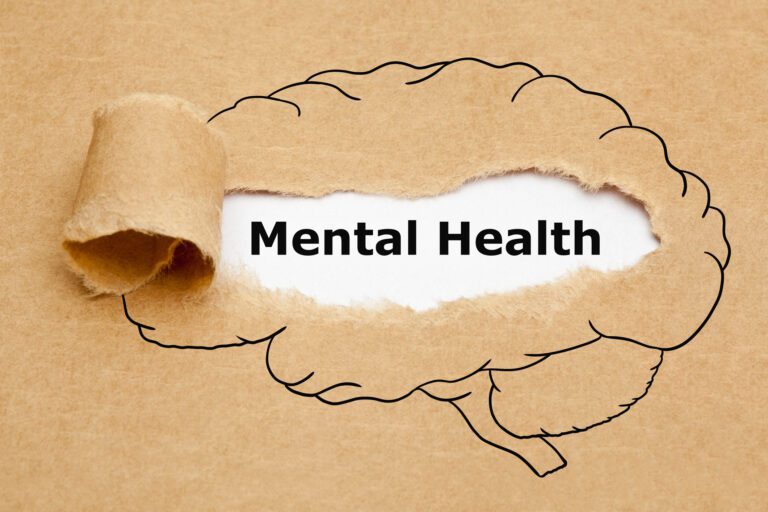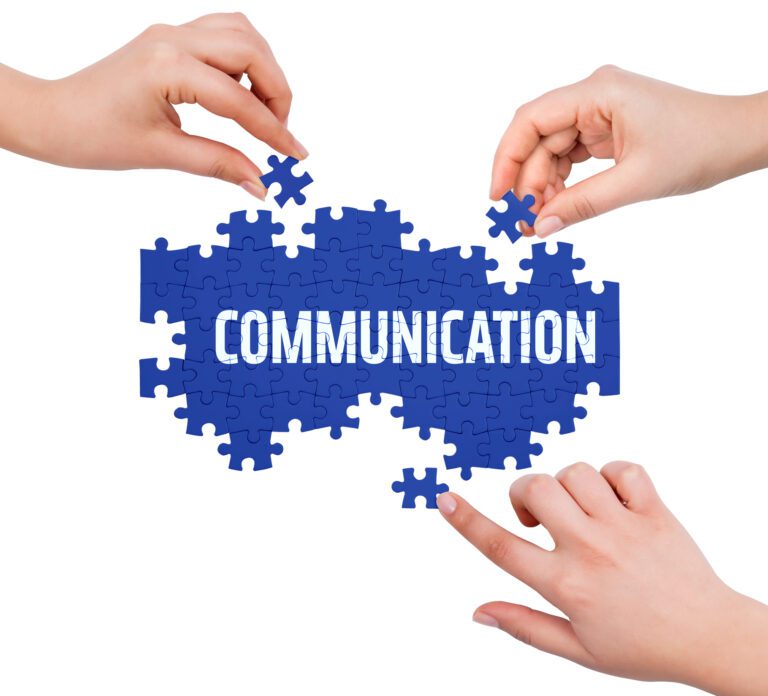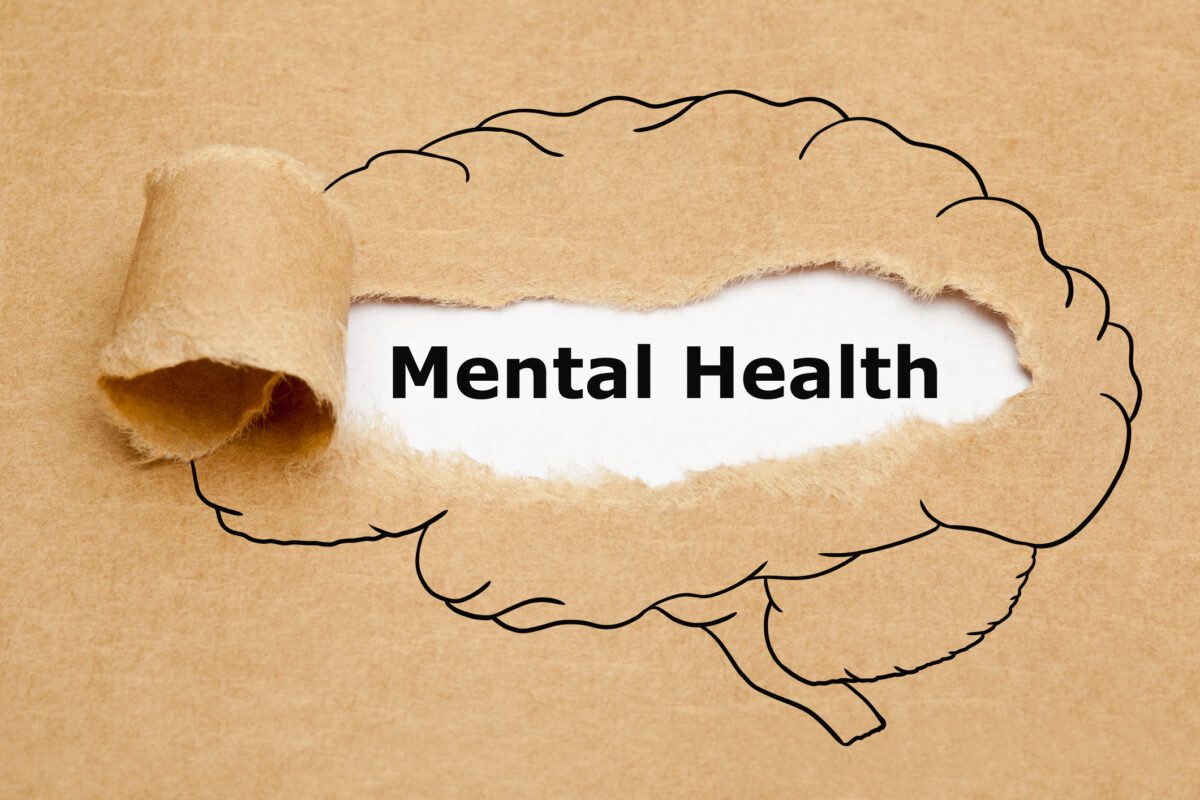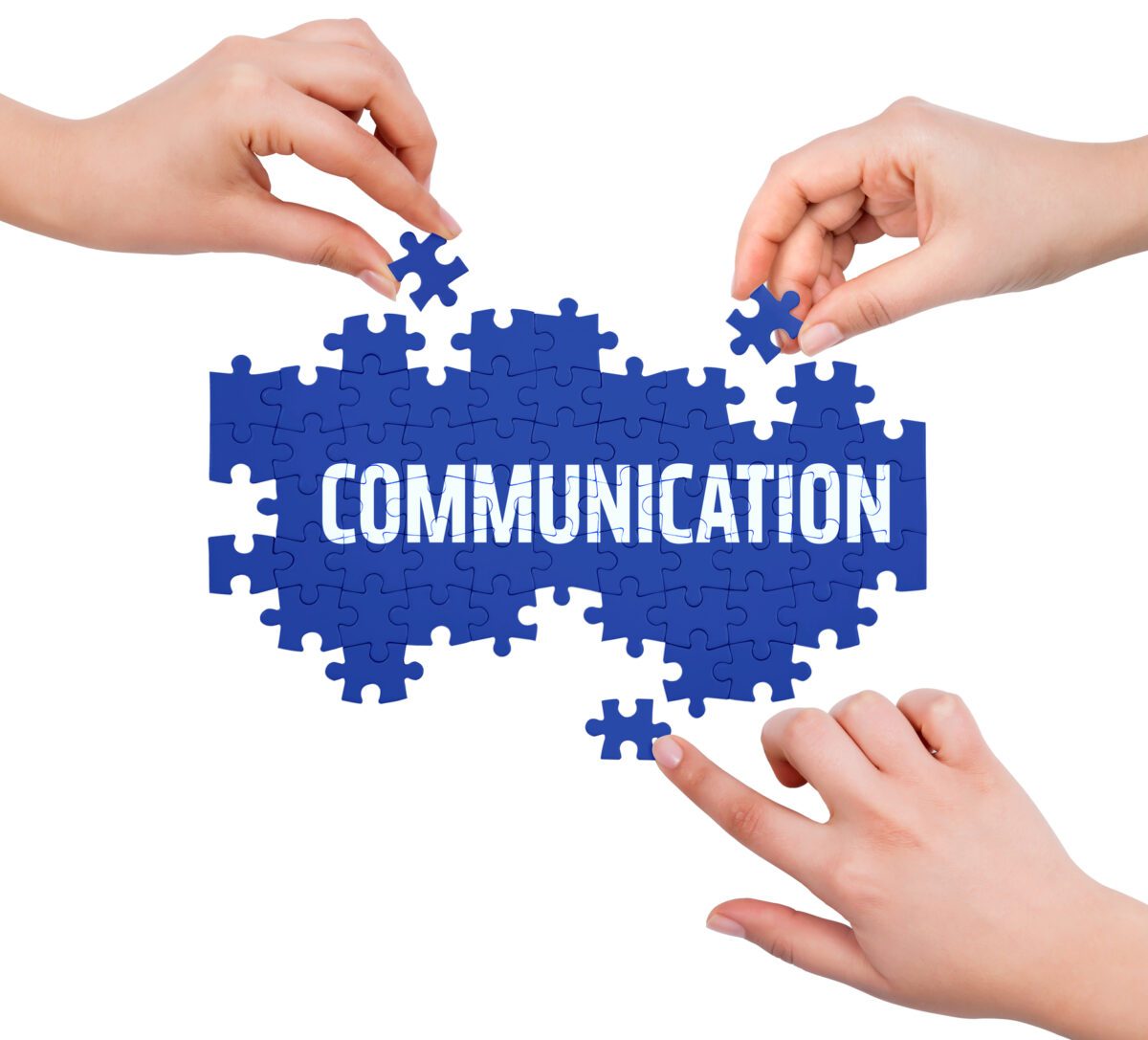About half of all children with Attention Deficit Disorder (ADHD) also have a Learning disability, Mood disorder, Obsessive-Compulsive Disorder (OCD), anger control difficulties, or an Anxiety disorder.
When seeking professional help in assessing for your child’s anxiety and/or ADHD symptoms, it is the task of the psychiatric professional to clarify reasons for the behaviors. A child’s behaviors serve as messages, they are not necessarily diagnoses.
It is important to understand that the diagnostic process of ADHD and/or Anxiety in your child may seem like a very complicated, daunting, and never-ending process. Remember that your child may be struggling with behaviors that manifest in multiple psychiatric disorders. It is very common that children may struggle with more than one condition.
Anxiety
Anxiety is defined as a feeling of unease, tension, or nervousness related to stressful or uncertain events. The diagnosis of anxiety is made when the condition is more than just a temporary state. When anxiety begins to worsen and significantly affects actives of daily living, that is when professionals may make a diagnosis of anxiety disorder.
Anxiety may causes restlessness that can be interpreted as hyperactivity. Anxiety can also create fears and worries that may cause a child to be inattentive in class.
The symptoms of anxiety in children include excessive worry that is difficult to control, feeling restless, easily fatigued, difficulty concentrating, mind going black, muscle tension, and trouble sleeping.
Often children with anxiety feel like they are constantly worrying and have trouble turning their worry off. Their agitation, restlessness, and inability to concentrate stems from their excessive and constant worry.
The anxiety comes first and the trouble focusing is secondary and because of the worry. When your mind is locked in a constant loop of worry, it’s hard to focus which could be mistaken for ADHD symptoms.
ADHD
Some of the symptoms of ADHD in children include inattention to detail, difficulty sustaining attention and staying “on task”, loses things frequently, easily distracted, forgetfulness, feeling restless, talks excessively, has difficulty waiting their turn, and interrupts others.
Often children with ADHD will worry about completing assignments or doing well on the test because of their trouble concentrating and staying on task. The difficulty concentrating and sitting still comes first, while the worry is secondary or is a result of the ADHD symptoms and could be mistaken for symptoms of anxiety.
The following are just a few of the many ways in which symptoms of ADHD and anxiety overlap:
Inattention. An anxious child might “check out”, look dazed, and tune into his worries. To the teacher or parent, this looks like inattention. For an ADHD child, inattention is a symptom of the disorder.
Poor peer relationships. A child with social anxiety may struggle to make and maintain friendships due to fears of rejection or difficulty with engaging with peers. A child with ADHD may have little impulse control and poor social skills, which can make it difficult to sustain friendships longterm.
Slow work habits. Anxious children can struggle with perfectionism, making it difficult to complete in-class and homework assignments. Children with ADHD struggle with the workload due to poor organizational skills, reduced attention span, and less optimal focus and concentration.
Constant movement. Anxious children tend to move around a lot (foot tapping, tipping chair) and ask constant questions in an attempt to manage anxious energy. Children with ADHD tend to fidget because of low impulse control.
While there are symptoms that overlap, it’s important to note that anxious children display more perfectionist behaviors and worry about socializing with others, while children with ADHD struggle with impulse control and organization.
In Conclusion
It is important to come prepared when seeking help from a psychiatric provider. Make a list of the symptoms you’ve observed in your child and bring them to the appointment. The provider will likely use additional screening tools and assessments to help make an accurate diagnosis for your child.
Once your child receives a diagnosis, your healthcare provider will discuss treatment options with you. An accurate diagnosis means a solid clinical treatment plan may be developed in order to help your child.














